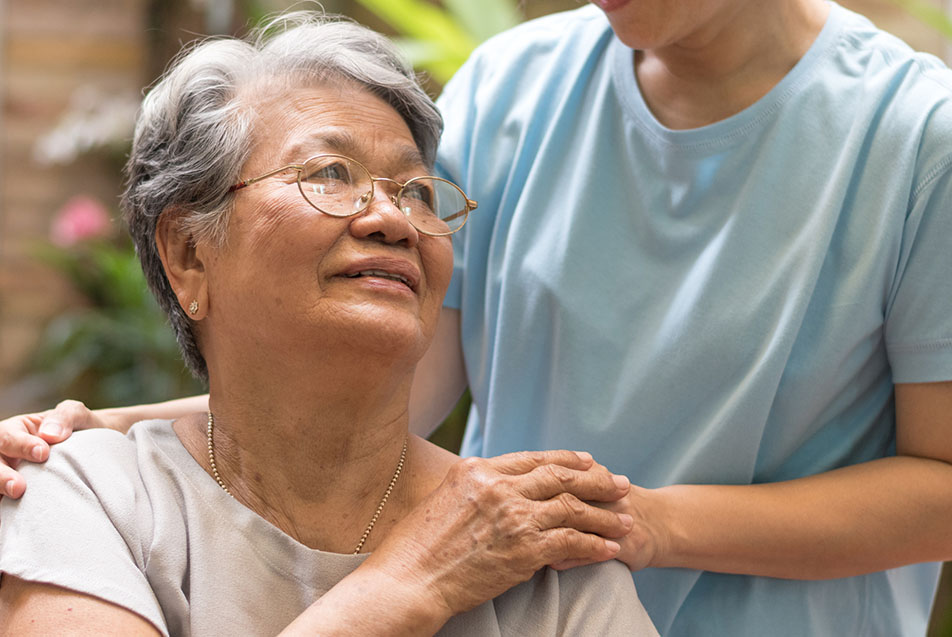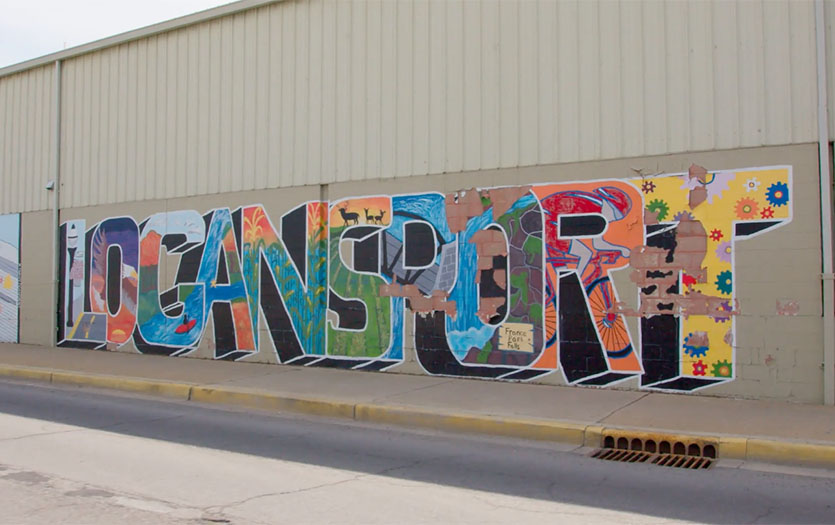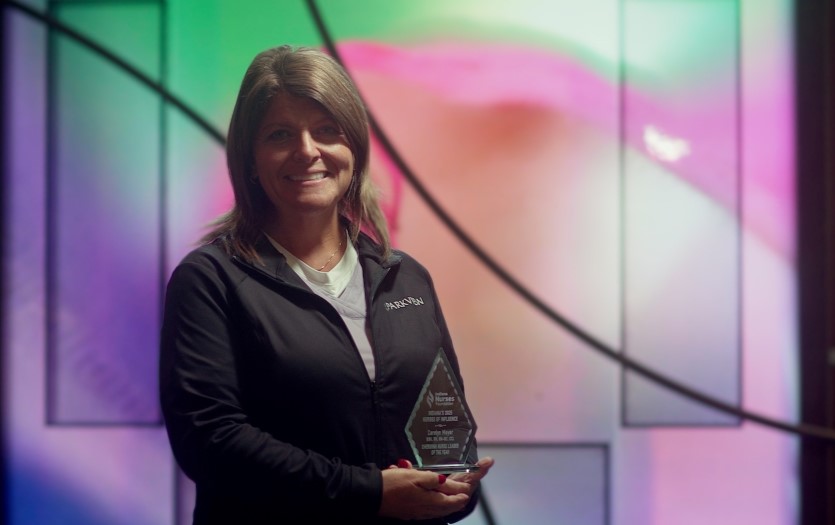
In healthcare, the majority of the positions are seen as a calling. Being a social worker for Parkview Home Health & Hospice is certainly no exception. We asked Dawn Clay, MSW, ACHP-SW, LCSW, and Julia Gauvey, MSW, LSW, both social workers for Parkview’s hospice services to share a bit about their important work.
How did you choose social work as a career?
Julie: I chose social work because I enjoy working with family systems in a holistic manner. My father's pre-death and death experience led me to pursue medical social work so that I could help other families through those experiences.
Dawn: I always wanted to pursue a career that would allow me to help others. Losses in my life are a big part of what led me into medical social work.
What brought you to the hospice team?
Dawn: I became interested in the field of Death & Dying after losing a high school classmate my first year of college, and developed a further interest in supporting families through grief after losing my brother as a young adult. Hospice has allowed me to support families as they face the death of a loved one and provide some bereavement support after that loss. It's a sacred time in a family's timeline and I am honored to be a part of it.
Julie: I was drawn to hospice after experiencing my sister's death and the positive impact her hospice team had on her and her family during the time prior to, at death and afterward.
What types of services do you provide?
Dawn and Julie: As social workers, we tend to listen more than we talk. We've learned that your presence with patients and families often provides more support than anything we could say. Additionally, we help with community resources, funeral planning, grief counseling, education, coordination of care with other medical providers, and a variety of other things that may be needed.
How does this help the family and the patient through that difficult time?
Dawn and Julie: Being with families at a time when others often don't want to or can't be there provides patients and families with the comfort and normalization of the dying process.
What are the most rewarding aspects of your job?
Dawn: I enjoy helping patients and families find meaning in whatever time they have together. Sometimes the time is months, other times it is only a few hours, but there are so many meaningful interactions that can happen, even when time is limited.
Julie: It’s a privilege to walk with patients and families during this sacred journey.
Is there a patient story that stands out to you or has had an impact?
Julie: Caring for a young mother with a young child, facing her death and the realization that her daughter would grow up without her. I valued watching her strength in the journey of ensuring that her daughter would have her legacy as she grows and remembers the time they had together.
Dawn: I recently walked through this journey with a gentleman who lived alone and had very limited support. It wasn't until the very end of his life that he allowed our team to contact his only close family member, so we became like family to him as he processed the news of his terminal prognosis and the steps that came after that.
What makes Parkview hospice so special?
Dawn and Julie: Our team! We have so many dedicated team members in all areas of care, including those who work in the office, behind the scenes. We work to provide for all the possible care needs available to our patients and families. Our team provides care leading up to a death, at the time of a death, and after a death so we truly encompass the entire dying and grieving process. Our team is also special because of the internal support we provide to one another. We could not do what we do for our patients and families without the support we have within our team.



